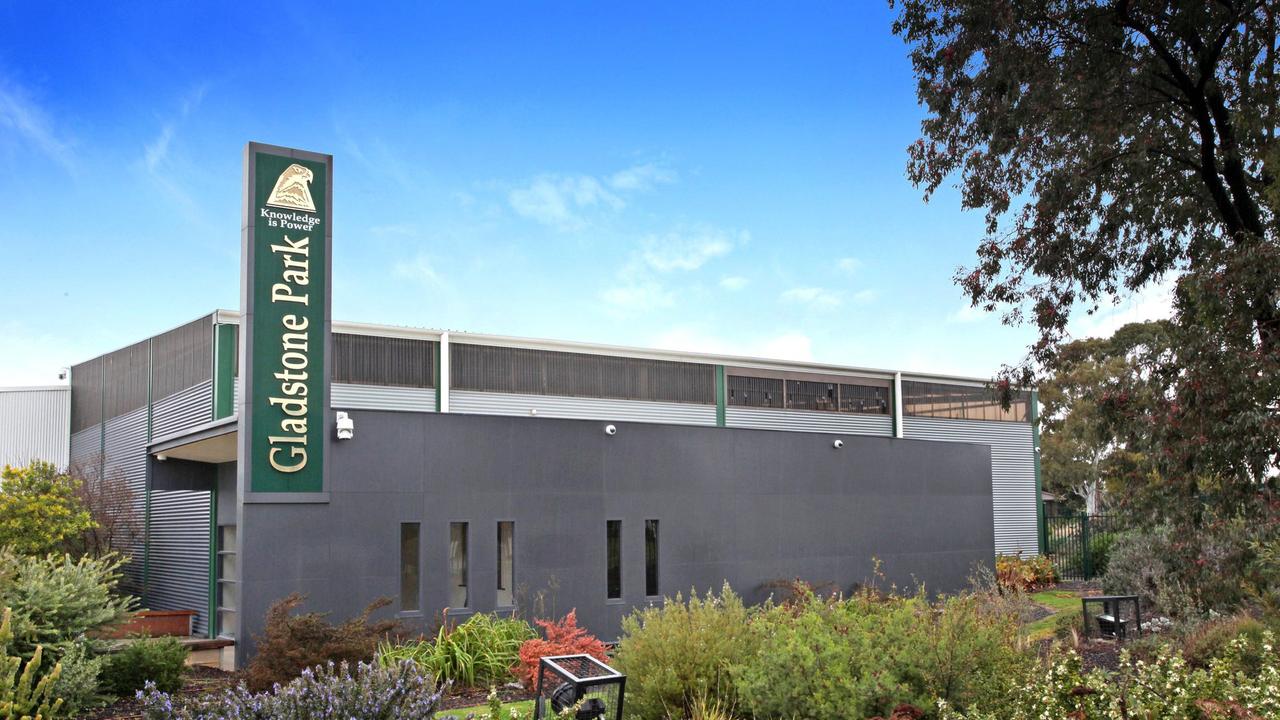Why Australia should follow France when it comes to school lunches
An expert has revealed the popular but dangerous items being sold in schools across the nation which should be ditched immediately.
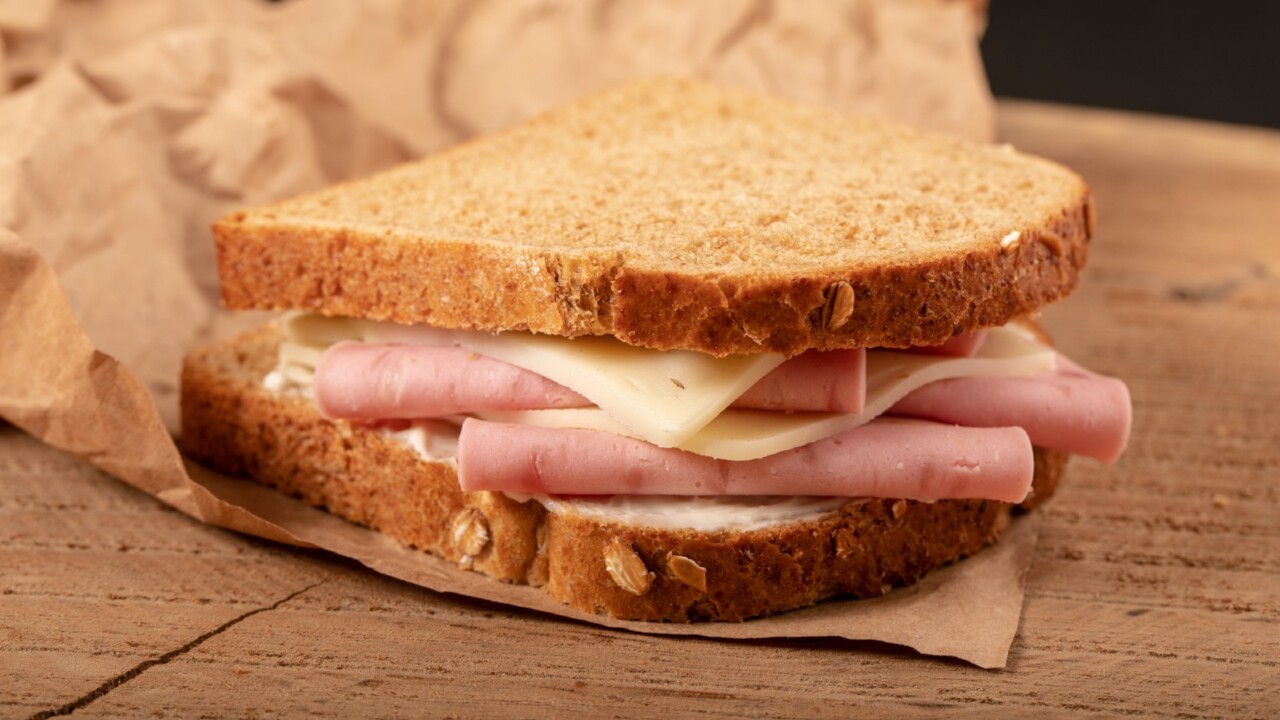
School Life
Don't miss out on the headlines from School Life. Followed categories will be added to My News.
OPINION
There’s a healthy food crisis happening in Australia, and sometimes you have to remove yourself from this country to understand how bad it really is.
I was born and raised in France by Thai parents who opened the first Thai restaurant in Paris back in 1979. As you can imagine, food has always been a big part of my upbringing and culture.
I have lived in Australia for 15 years, I’m proud to call this country home. I love the wide-open spaces, the vibrant multiculturalism and the sense of community.
But there’s one thing I think our children are missing out on: Good quality school lunches. And the statistics between the two countries are alarming – I’ll explain why shortly.
France ranks 170th globally when it comes to child obesity (4.14 per cent obese), while Australia sits at 51st (15.7 per cent obese).
The difference? A strong, government-supported food culture and an emphasis on balanced meals in schools – something Australia desperately needs to catch up on.

Australia prides itself on being a nation that values health and wellbeing, but when it comes to the food we’re feeding our children, the reality paints a very different picture. The very meals meant to fuel their growing bodies and minds are failing them.
The food sold in our school canteens, stocked in our supermarkets and packed into lunch boxes every day is contributing to a national junk food crisis.
I really believe parents are being hoodwinked by food manufacturers in Australia. The consequences are alarming: Rising rates of childhood obesity, diabetes and other diet-related health issues.
Now my own daughter is starting school this year, and I am deeply concerned about the fact that she’s going to be subjected to the rubbish that gets served up in our school canteens. I’m talking about sugary drinks, pies loaded with fat and salt, chocolate bars that do more harm than good, chips and other snacks masquerading as food – it is truly disturbing and parents are having the wool pulled over their eyes thinking their kids are eating well.
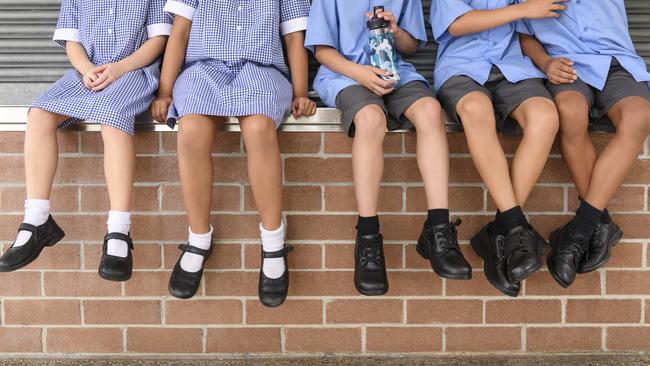
The reality: Australia’s school canteens are failing our children
The food being served in many Australian school canteens is not just nutritionally inadequate; it is actively detrimental to our children’s health and wellbeing. Research consistently shows that a child’s diet directly impacts their cognitive function, concentration, emotional regulation and overall academic performance.
When kids consume processed junk packed with sugar and salt, they are not only damaging their physical health but also impairing their mental faculties. These diets contribute to energy crashes, mood swings and poor attention spans, making it more difficult for children to engage in their studies.
Despite the known risks, we continue to serve highly processed foods in the name of convenience. Even worse, some of these foods are cleverly marketed as “healthy” options. Don’t be fooled by the packaging – behind those bright logos lies more sugar and chemicals than nutrients.
So, what can we do about it?
For the sake of our children’s health and futures, it’s time to demand better.
We can look to countries like France, which has set the bar for school meals. In my opinion, French school lunches are the gold standard – well-balanced, nutritious and prepared with care.
Australian parents can take their lunch box inspo from what each French child receives at school. A typical French school lunch is a multi-course affair that would make a Michelin-star chef proud: A starter, a main dish, cheese, dessert, and bread This is not just about filling children’s stomachs; it is a reflection of the country’s deep respect for food and the communal dining experience.
The French government enforces strict regulations that ensure school meals meet nutritional standards, which include a balance of food groups necessary for growing children. Additionally, as of 2022, at least 50 per cent of the food served in French school canteens must be sustainably sourced, with 20 per cent of that food being organic. This approach encourages children to develop a taste for a wide variety of fresh, local ingredients, fostering healthy eating habits from an early age.
In France, lunch is not a rushed, grab-and-go experience; children are given up to an hour to sit and enjoy their meal, connect with their friends, and appreciate the food they are eating.
The French approach is one we could definitely learn from. The idea that we can simply toss a few carrot sticks alongside a chicken nugget and call it a “balanced meal” is far from adequate.
Our children deserve better than this.
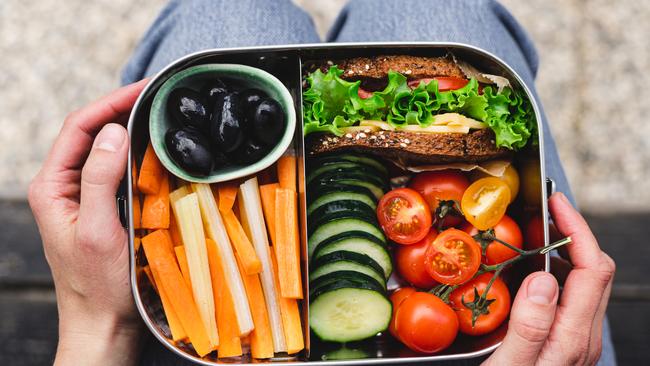
Australia: It’s time for a change
I understand that running a canteen on a tight budget is a difficult task, and not every school has the resources to source organic vegetables or hire gourmet chefs. But that doesn’t mean we shouldn’t strive for change.
The fact that our school canteens remain stuck in the past while other countries have embraced the importance of food in education is both disappointing and concerning. Our children’s health should never be sacrificed in the name of convenience or budget constraints.
We need a cultural shift when it comes to the way we view food in schools. It’s not just about improving the meals we serve; it’s about instilling a deeper understanding of nutrition, cooking, and the joy of eating real, wholesome food. Food should be seen as fuel for both the body and the mind, not a task to be rushed through or overlooked.
If we want our children to grow up healthy, confident, and capable, we must teach them that food is essential to their wellbeing, not a mere afterthought.
Taking action: What can we do?
The time for action is now. Parents, educators, and policymakers must work together to demand higher nutritional standards for the food offered in schools.
We need to push for real, whole food to be served in canteens, not pre-packaged, sugar-laden snacks dressed up as healthy options.
Schools should not be allowed to sell junk food under the guise of convenience.

But the responsibility does not rest solely with schools. As parents, we have the power to advocate for change. Start asking questions: What’s in your child’s lunch? What standards are being upheld in your child’s school canteen? We must hold schools accountable for the food they serve.
Equally important is involving children in the food conversation. We need to teach them not only about nutrition but about the process of growing, preparing, and cooking food. This can be done through school gardens, cooking classes and by encouraging kids to take an active role in planning their meals – and their school lunch boxes.
When children feel connected to their food, they are more likely to make healthier choices.
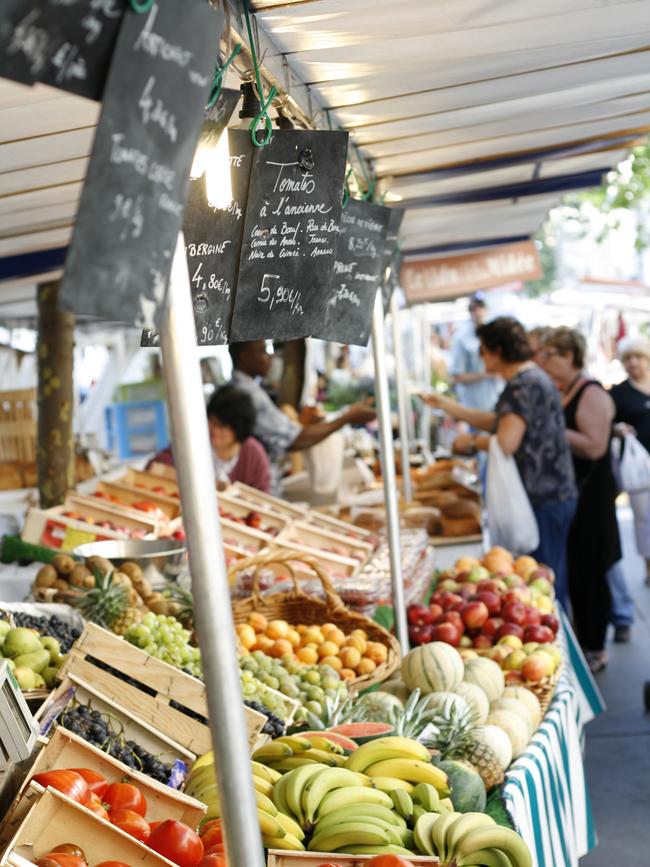

My solution
As a parent, I became increasingly concerned about the lack of nutritious options in school canteens and the toll it’s taking on our kids’ health. I’m a food entrepreneur – always looking for solutions to big problems.
That’s why I launched my own home-delivered lunch box program at the start of the year, inspired by the French school system. While I recognise it’s a big ask to expect any Australian government to implement a nationwide subsidised lunch program anytime soon, I wanted to offer a practical solution for parents who are struggling with time and overwhelmed by the constant pressure to provide quick, ‘convenient’ meals.
This isn’t about blaming parents – they’re doing their best – but about giving them the support they need.
Mai Hughes is a Perth-based food entrepreneur, find out more about healthy eating on her website My Foodie Box
More Coverage
Originally published as Why Australia should follow France when it comes to school lunches




